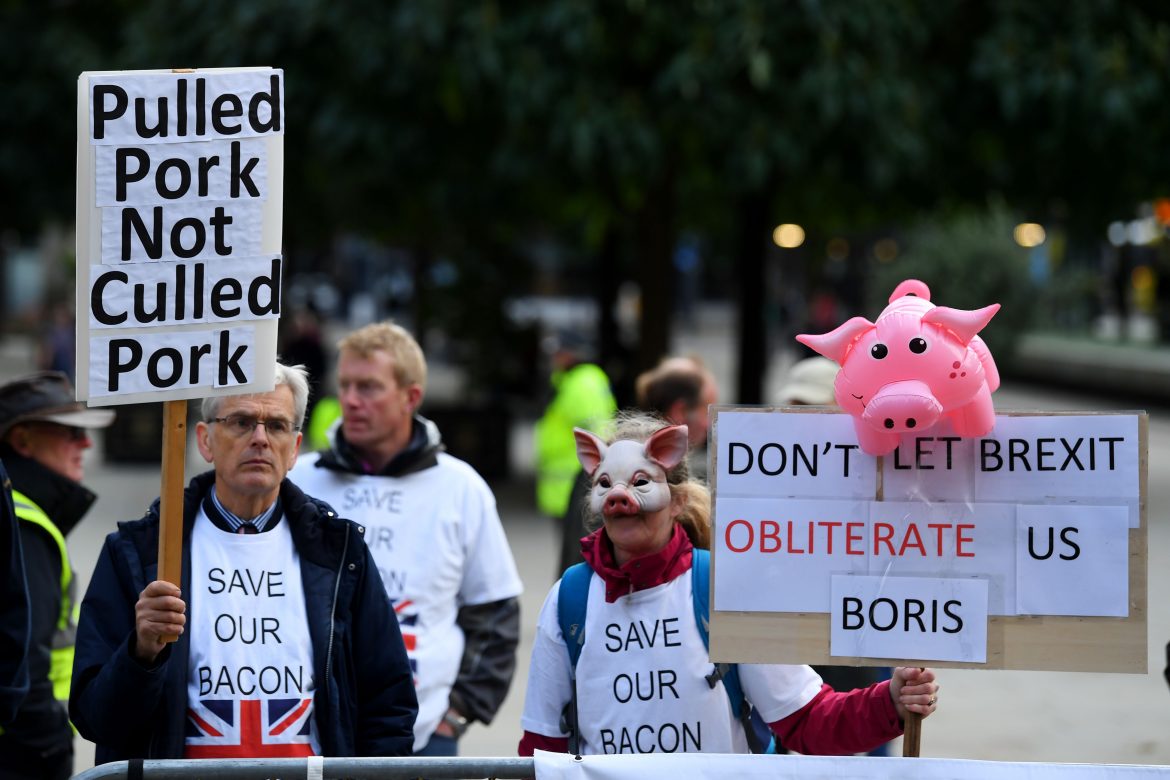Kingston butchers have not yet been affected by national shortages of pork, unlike many of the large supermarkets.
CD Jennings and Sons and The Real Butchers Kingston have said, because they use “smaller suppliers”, they were still able to process and sell high quality British pork.
Last week, it came to light that around 120,000 pigs were at risk of being culled on farms across Britain due to a national shortage of labour in the butchery sector. Since Brexit was finalised in December of last year, the sector has lost around 15 per cent of its workforce. The bulk of those lost being Eastern European, according to the National Pig Association (NPA).
The exodus of non-British workers meant that abattoirs have not been able to operate at full capacity for months. As a result, thousands of viable pigs have to be killed and incinerated on farms, inevitably leaving a massive gap in the meat market.
The NPA senior policy advisor Rebecca Veale said: “There are cheap pork imports coming in because the big supermarkets need to keep food on the shelves.”
During an inquiry into the implications of Brexit for animal welfare in 2017, National Farmers Union deputy president Minette Batters summarised how most EU countries produce pork of a much lower standard. This is because most EU countries operate under a completely different regulatory framework compared to the UK, where animal welfare is a priority.
Veale said: “We have been meeting with government on a weekly basis since February this year and have been very clear about what the issues are but unfortunately, they haven’t been receptive to our calls”.
Currently, the English speaking level required to enter the butchering profession for non-UK workers is the same level for a doctor or a vet.
Veale added: “We believe that if the English level required was dropped slightly, it would give us access to more labour from outside the UK. The alternative is culling more pigs on farms, and it’s a horrible place to be.”





